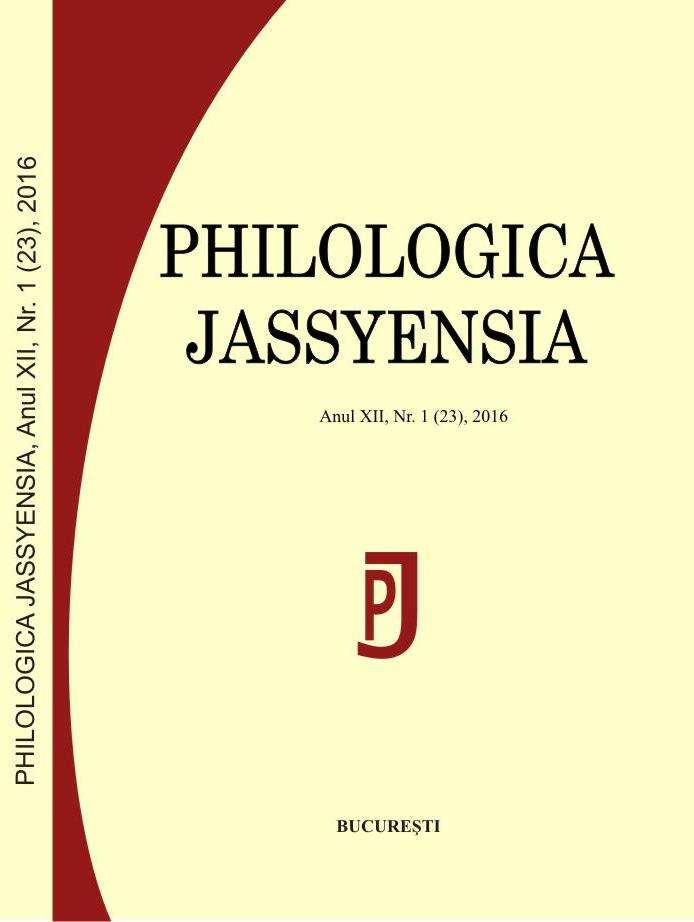Theatralität der Gefühle. Überlegungen zur Emotionalität am Beispiel von Denis Diderots Paradox über den Schauspieler
Theatricality of Emotions. The Example of Denis Diderots’ Paradoxe sur le comédien
Author(s): Christina VogelSubject(s): Language and Literature Studies
Published by: Editura Tracus Arte
Keywords: emotions; theatricality; semiotics; Enlightenment; Denis Diderot; cultural studies
Summary/Abstract: The last twenty years have seen a growing interest in the emotions across the academy and the “affective turn” in critical theory. Biological and social sciences bring different perspectives and methodologies to understanding affective experience. Among the disciplines, the arts and humanities, and especially the theatre studies, reveal that emotions manifest a dramatic structure. The theatre and the art of the actor are a privileged way to represent affective experiences and to analyse their expressions. In Europe, it is the Age of Enlightenment that understood the close connection between theatre and emotions. In the 18th century, drama practice and the semiotics of body and passion developed in a mutual exchange and competition, on which not only art theories but also various scientific discourses such as medicine, moral theology, philosophy, rhetoric and – most important for this period – physiognomy and pathognomy – were involved. Georg Christoph Lichtenberg, the advocate of pathognomy, spoke explicitly of the “semiotics of affects”. The aim of this article is to show that Denis Diderot’s Paradoxe sur le comédien helps us “reading” emotions. The theater reflects the emotions of the audience and actors perfecting each other; through the medium of theatrical emotion the sensitive viewers will learn to compassionate, to separate and judge the different emotions.
Journal: Philologica Jassyensia
- Issue Year: XII/2016
- Issue No: 1 (23)
- Page Range: 129-138
- Page Count: 10
- Language: German

